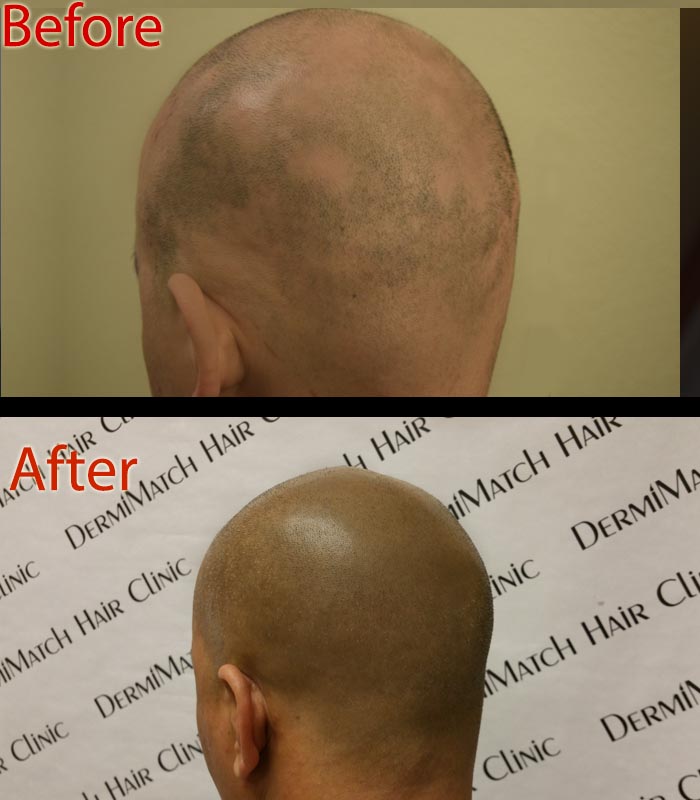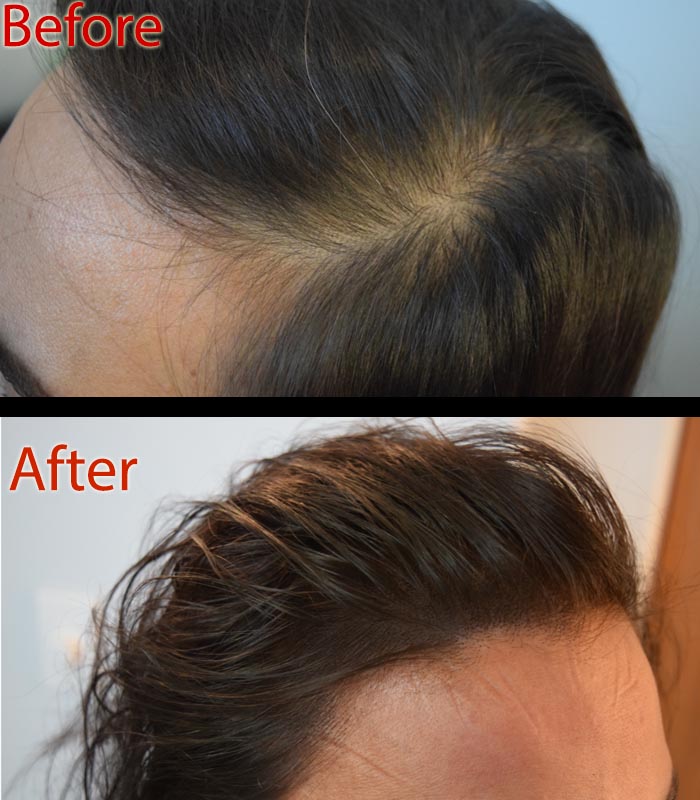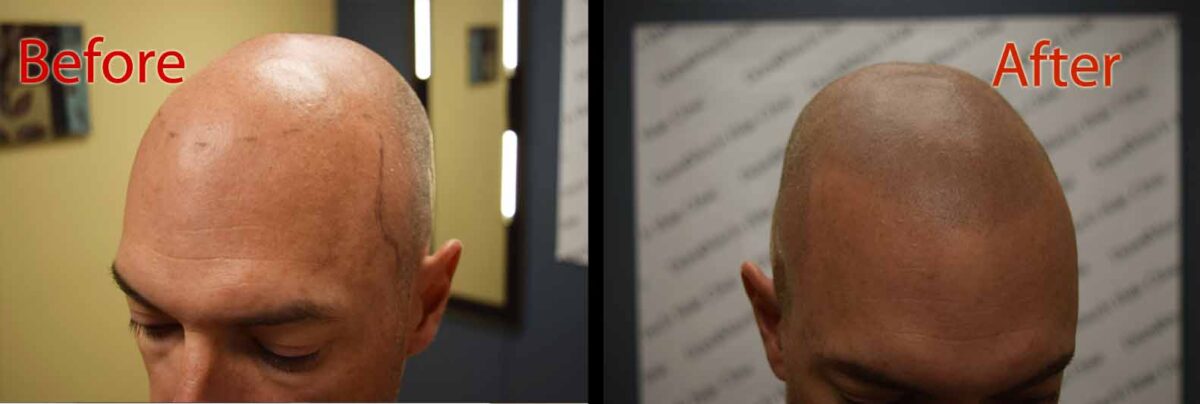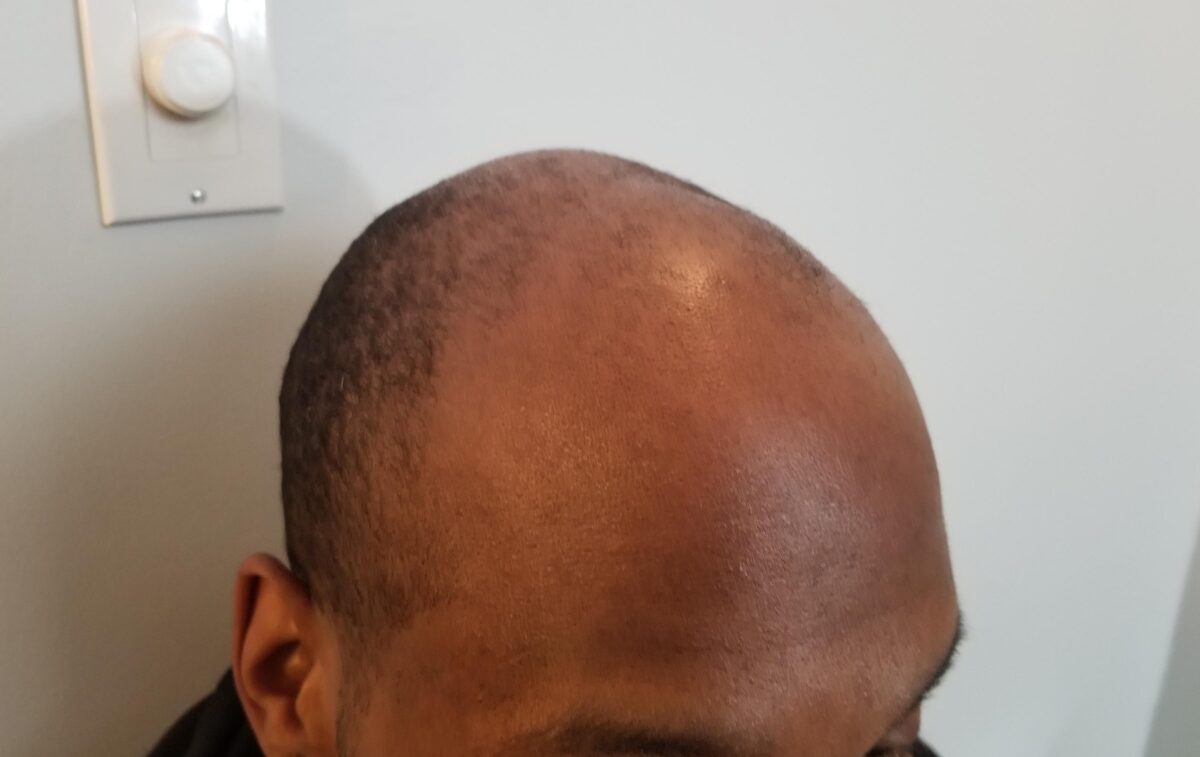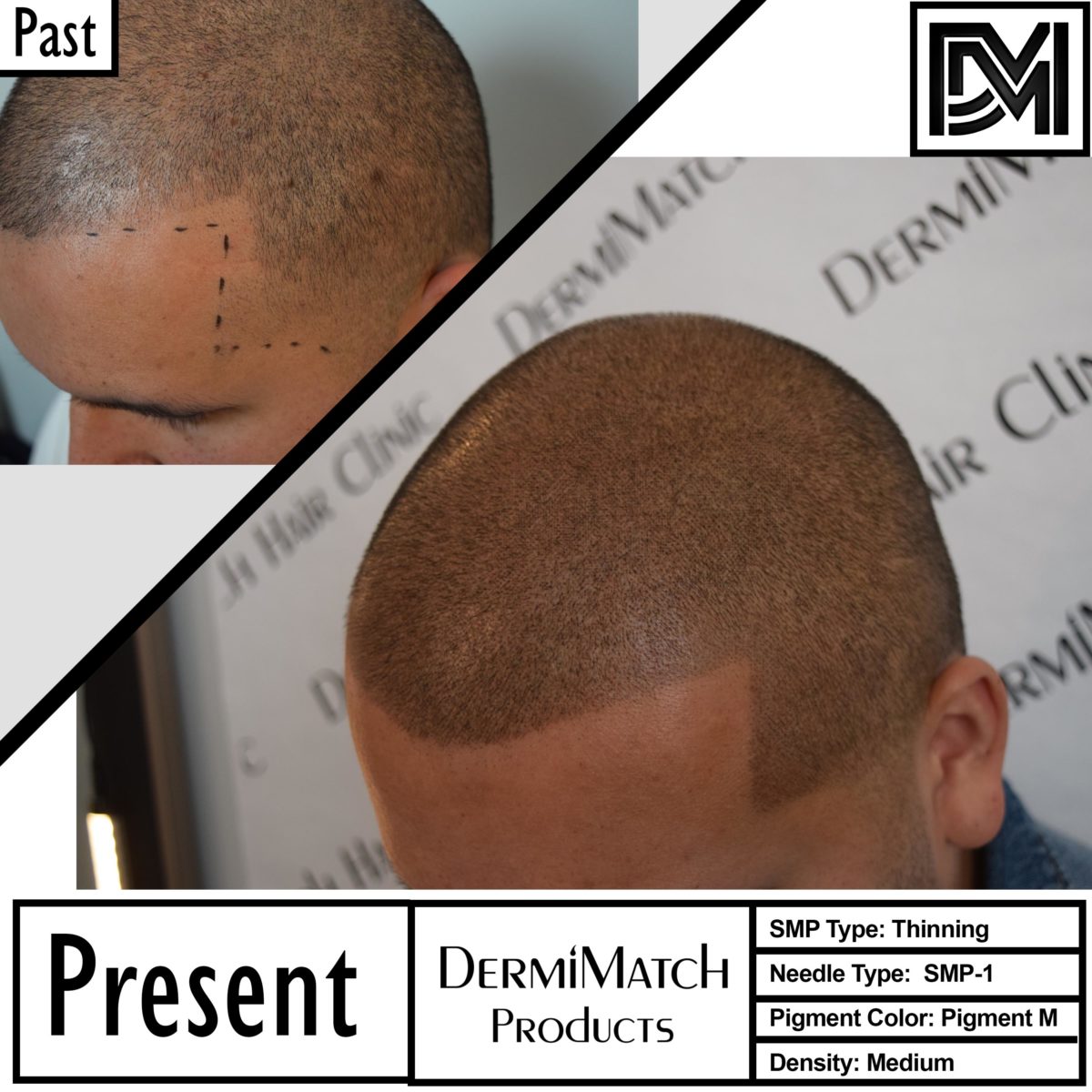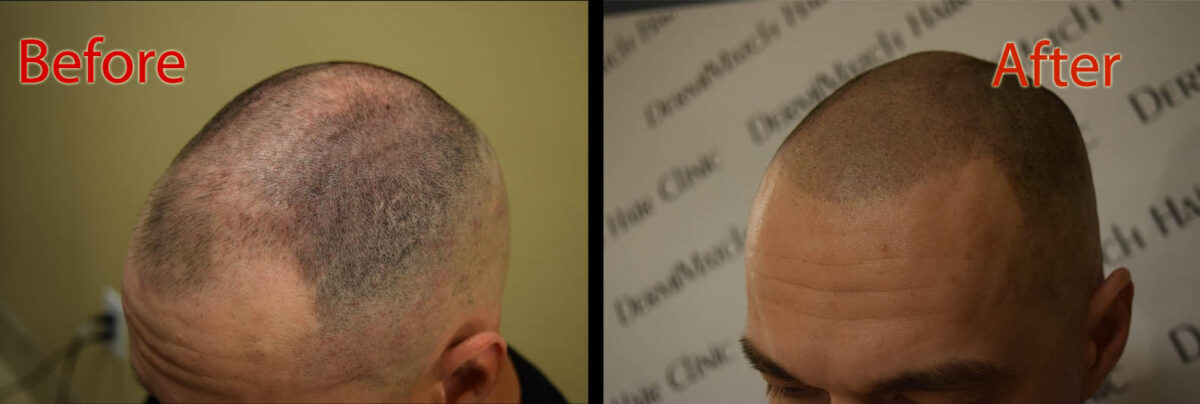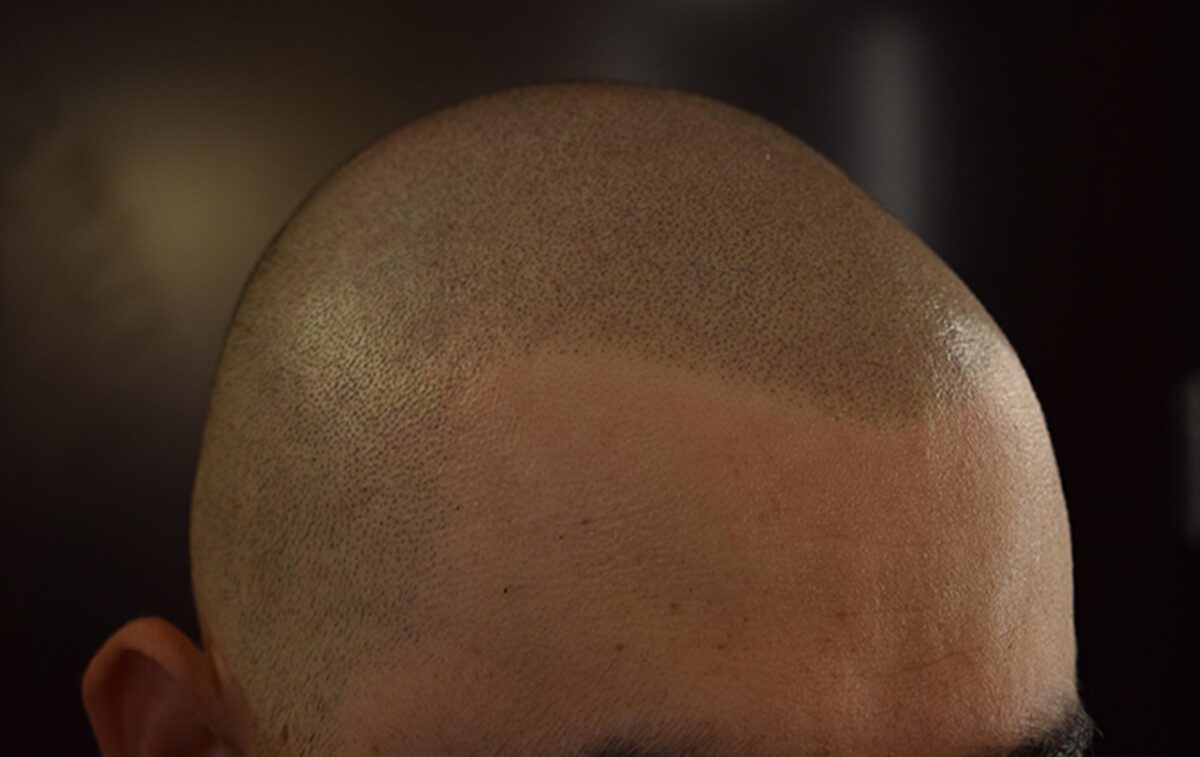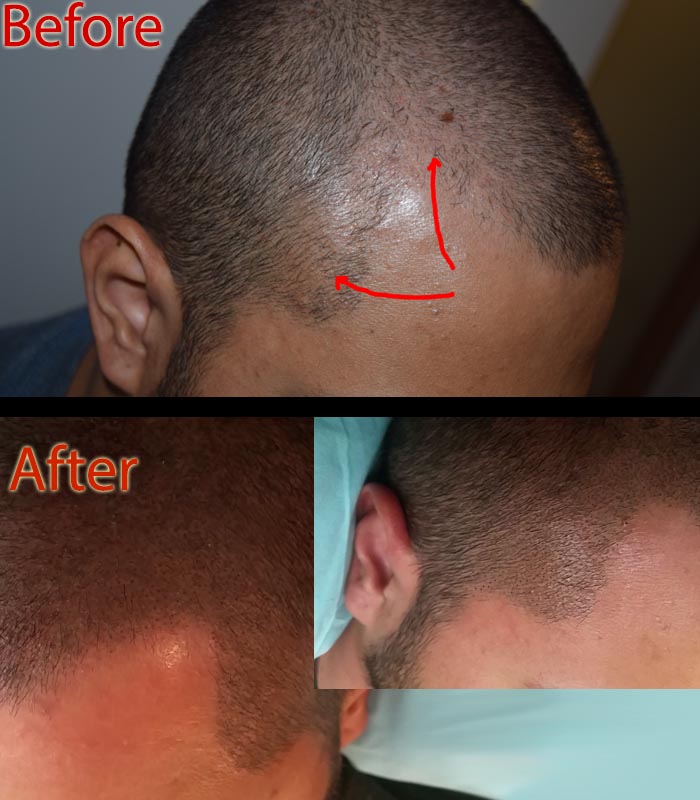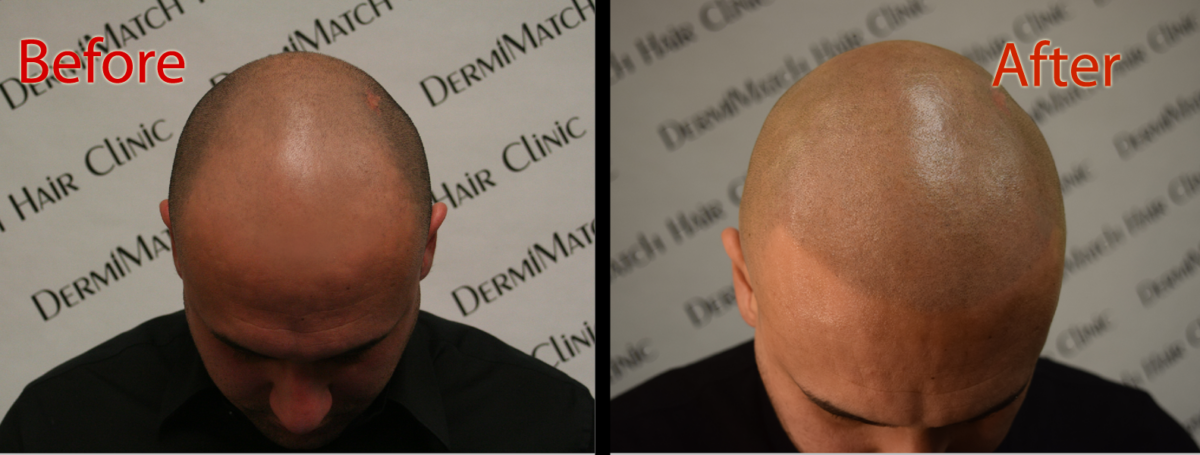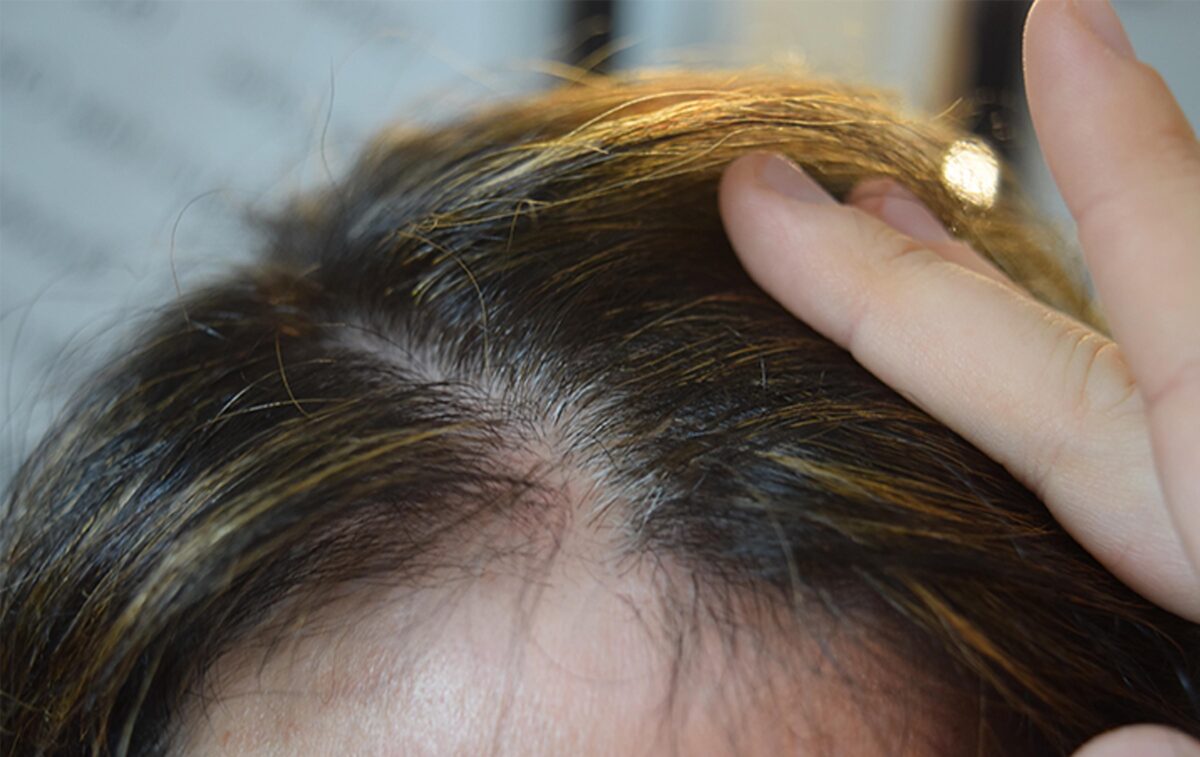Sleep, an often-overlooked pillar of overall health, plays a pivotal role in hair health. While the beauty industry is replete with products promising hair miracles, the true elixir for lustrous locks often lies in restful slumber. But does the hair and sleep connection help hair growth?
Are Hair and Sleep Interconnected?
During sleep, the body undergoes a remarkable repair and regeneration process. This is particularly crucial for hair follicles, the tiny structures responsible for producing hair strands.
Hair follicles depend on nightly rest to function optimally. The production of keratin, the protein that forms the hair shaft, is also influenced by sleep cycles.
Melatonin, the hormone primarily associated with sleep, also impacts hair growth. While its primary function is to regulate the sleep-wake cycle, research suggests it might also stimulate hair follicles. When sleep is disrupted, melatonin production can be affected, potentially hindering hair growth.
Moreover, sleep deprivation is closely linked to increased stress levels. Chronic stress can trigger hair loss. The body, when under duress, prioritizes survival mechanisms over non-essential functions, such as hair growth. This physiological response can lead to hair thinning and shedding.
Is SMP A Solution to Sleep and Hair Loss Problem?
While adequate sleep is essential for hair health, it’s not a panacea for hair loss. Genetic predisposition, hormonal imbalances, and underlying medical conditions can also contribute to hair thinning.
For individuals experiencing significant hair loss, scalp micropigmentation (SMP) offers a viable and immediate solution. This non-surgical procedure involves depositing pigment into the scalp to mimic the appearance of hair follicles.
The result is a natural-looking illusion of a full head of hair. SMP is particularly beneficial for those with extensive hair loss or individuals who are not suitable candidates for hair transplants.
Advantages of SMP
SMP offers several advantages over traditional hair restoration methods. It is a relatively quick procedure with minimal downtime. Unlike hair transplants, SMP does not involve surgery or the risk of scarring. Additionally, the results are often more natural-looking, as SMP can replicate the density and shading of natural hair.
In conclusion, prioritizing sleep is a fundamental step in optimizing hair health. While it may not reverse severe hair loss, it contributes to overall hair vitality.
However, for individuals seeking an immediate and effective solution to hair loss, scalp micropigmentation provides a promising alternative. If you do not find any connection between sleep and hair loss, SMP is a promising solution.
By understanding the intricate relationship between sleep and hair health, you can make informed decisions about your hair care regimen.
Get Help Now
Ask for SMP help at DermiMatch Clinic. Top scalp experts in Arizona can help you get the job done without any significant problems. Scalp micropigmentation can be a life-changing experience.
Schedule your Arizona SMP consultation now!

